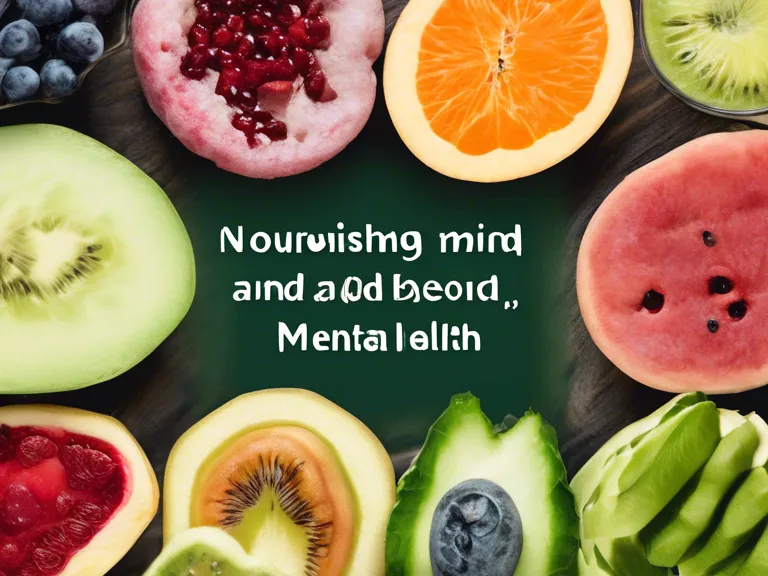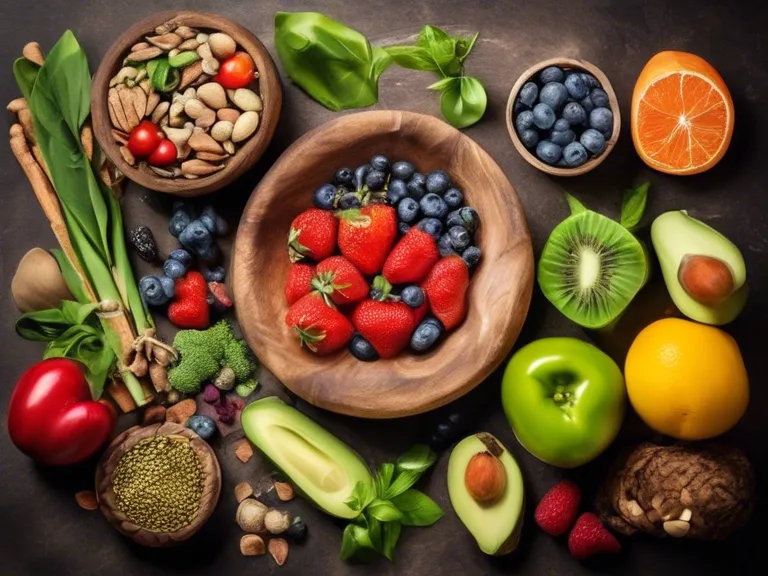
Explore the connection between food and mental health and learn how nourishing your body with the right nutrients can support good mental well-being.
In recent years, there has been a growing awareness of the connection between food and mental health. It is now widely acknowledged that what we eat can have a significant impact on our overall well-being, including our mental health. The idea that "you are what you eat" has never been more relevant, as research continues to highlight the importance of nourishing both the body and mind through a balanced diet.
When we think of nourishing the mind and body, we often focus on physical health - eating a nutritious diet to fuel our bodies and maintain good overall health. However, it is equally important to consider the impact of our diet on our mental health. Certain nutrients have been found to have a direct influence on brain function and mood. For example, omega-3 fatty acids found in fish have been linked to a reduced risk of depression, while foods rich in antioxidants, such as fruits and vegetables, can help protect the brain from oxidative stress.
In addition to specific nutrients, the overall quality of our diet plays a crucial role in mental health. A diet high in processed foods, sugar, and unhealthy fats has been linked to an increased risk of depression, anxiety, and other mental health disorders. On the other hand, a diet rich in whole foods, such as fruits, vegetables, whole grains, and lean proteins, can help support good mental health.
It is important to note that the relationship between food and mental health is complex and multifaceted. While diet is not a replacement for professional mental health treatment, it can play a valuable role in supporting overall well-being. By nourishing our bodies with a balanced diet rich in nutrients, we can help support our mental health and improve our overall quality of life.


